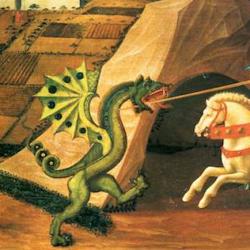Robert Frost referred to the “pleasure of taking pains” over poetry. John Ciardi, who quotes this phrase in his How Does a Poem Mean?, explains that the paradox is only apparent. Poets take pains in their work in the same way that played take pains in the game.
It’s the playfulness of poetry that explains its difficulty: “Chess is a play activity, yet it is play only because the players deliberately make the game difficult in order to overcome the difficulties. The equation is simple: no difficulty, no fun. No chess player finds any real pleasure in playing an obviously inferior opponent. Every game ever invented by mankind is a way of making things hard for the fun of it. The great fun, of course, is making the hard look easy.”
Gratuitous difficulty is not fun: “The freshman football coach does not send his squad to play last year’s Rose Bowl winner. Neither does he send it to play grammar school teams.” The best opponent “will give his players a real chance to extend themselves, win or lose, and he hoes bit by bit to develop them for harder play” (5).
Ciardi is trying to get readers of poetry to stop asking “what” a poem means and pay more attention to the poem as poem, how it means. He summarizes: “no mater how serious the overt message of a poem, the unparaphraseable and undiminishable life of the poem lies in the way it performs itself through the difficulties which it imposes on itself” (6).











